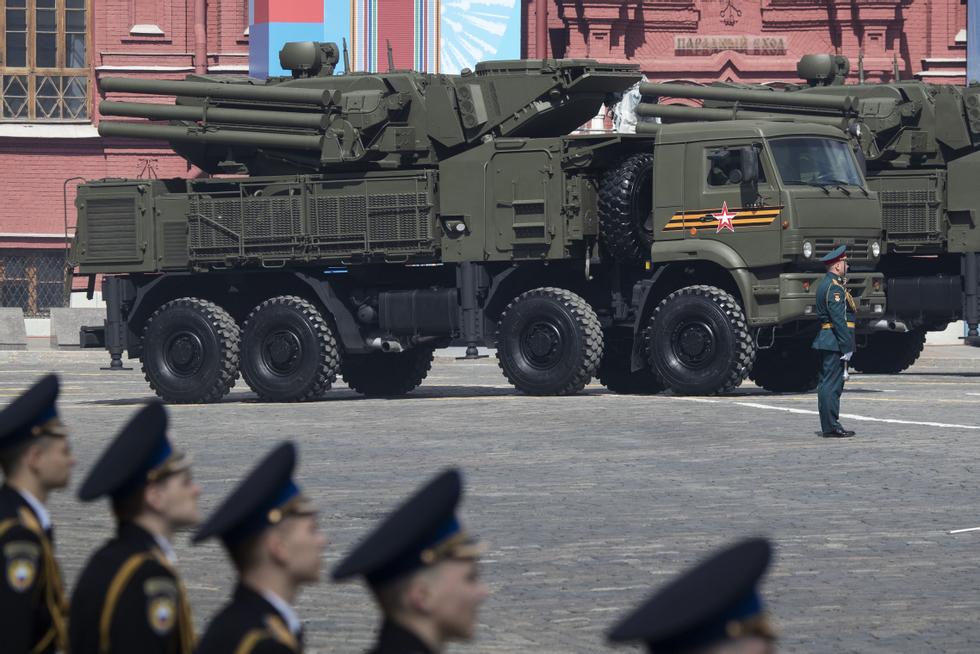For Ile-de-France residents, the summer period is synonymous with disruptions and major public transport projects each year. However, this summer, the works seem much more numerous with an “extremely heavy” impact on certain lines and the preparation for the Olympic and Paralympic Games in Paris is not for nothing.
If the summer ballet of substitute buses is not “not new“on certain lines in Île-de-France, disruptions and line interruptions are intensifying this year, which is enough to exasperate users. Marc Pélissier, president of the association of transport users in Île-de-France (AUT-FNAUT), gives us an unequivocal observation on a rail network constantly under construction.
On the RER A, there is a small disappointment. We thought that the important summer work in Paris and its inner suburbs would be finished. Finally, there is still a cut this summer on the side of Vincennes and towards Cergy.
“On a line like the RER B which normally welcomes nearly a million users a day, the impact is extremely heavy”
Marc Pelissier
President of AUT-FNAUT Ile-de-France
The number of lines affected by the work should be a record this summer. The variety and the accumulation of works on several portions, such as on the RER B, are very visible. There are important works in the north and on the two southern branches. On a line like the RER B, which normally welcomes nearly a million users a day, the impact is extremely heavy.
On the RER B, traffic is interrupted between Fontaine-Michalon and Massy-Palaiseau from July 14 to August 20, between Bourg-la-Reine and Robinson from July 22 to August 25, as well as between Paris Gare du Nord and Mitry-Claye and between Paris Gare du Nord and Aulnay-sous-Bois from August 12 to 14, 2023. • © DELPHINE GOLDSZTEJN / MAXPPP
For users, the feeling is not good this summer. It is true that in terms of intensity, it is even more than usual. The number of lines affected by work should be a record this summer. Even if a few lines are spared, they are not many. You have to keep an eye on your connections, the sections under construction change every week, especially on the metro and tram. Users must then juggle between cuts and closures to succeed in carrying out their usual journey.
“It is true that in terms of intensity, it is even more than usual. The number of lines affected by work must be a record this summer”
Marc Pelissier
President of AUT-FNAUT Ile-de-France
Added to this are the lines that have reduced summer hours. At the beginning of July, our observation is that there had not yet been enough holiday departures, while the schedules were already very light. Users were then faced with heavier trains than the rest of the year.
On the RER A, the interruption of traffic this summer on the Cergy branch is the typical example of a section where there is a lot of work, but where we do not necessarily see the results behind. Users can accept this work more easily if they can see a reduction in technical incidents. Unfortunately, this is not always the case.
“Users may accept these works more easily if they can see a reduction in technical incidents. Unfortunately, this is not always the case”
Marc Pelissier
President of AUT-FNAUT Ile-de-France
On the RER C, it’s the same observation. It has been under construction for years, and yet there have never been so many technical incidents on the infrastructure. This is misunderstanding for users. Even if we try [à la FNAUT], to have more extensive exchanges with SNCF Réseau. For the moment, we do not understand everything.
On the RER C, the Paris section is completely closed between Javel / Avenue Henri-Martin and Paris Austerlitz from July 10 to 29 and from July 31 to August 26, 2023, as well as between Pont de Rungis – Orly Airport and Massy-Palaiseau. • © Kévin Belbéoc’h-Dumarcet / France 3
The work impacts that occur during the summer are obviously in addition to everything that occurs the rest of the year: interruptions in the evening or early closings at weekends. SNCF Réseau has tended to put in place branch closures on certain lines from 10:30 p.m. all year round. For people who work staggered hours, this can be very heavy. These are work impacts that are no longer acceptable.
If this is partly true, summer is usually bad for commuters. Works are not new on the rail network, especially on the RER C where users have been used to them for several years with the Castor works. Nevertheless, the closure of line 14 during the summer will be very penalizing, but the RATP affirms that it is essential to meet the deadline of the Olympic Games. So it weighs.
“We knew that there would be work this summer. Some that could not take place in 2024, because of the Olympics, have been postponed to this summer and others to the summer of 2025”
Marc Pelissier
President of AUT-FNAUT Ile-de-France
We knew there would be work this summer. Some which could not take place in 2024, because of the Paris Olympics, have thus been postponed to this summer and others to the summer of 2025. In any case, the other lines promised for the Olympic Games will not be ready. Concerning the extension of the RER E to Nanterre [le projet EOLE, ndlr], the SNCF estimates that the rolling stock will not yet be sufficiently run-in. A complete service of the RER E to Nanterre would be too risky before the Olympic Games. There are discussions. Anyway, when the EOLE project was launched, it obviously had no connection with the Olympics. It is a pure coincidence that it falls at this time.
#INTERVIEW #Paris #Olympics #lot #work #results #denounces #association #transport #users #IledeFrance #region


